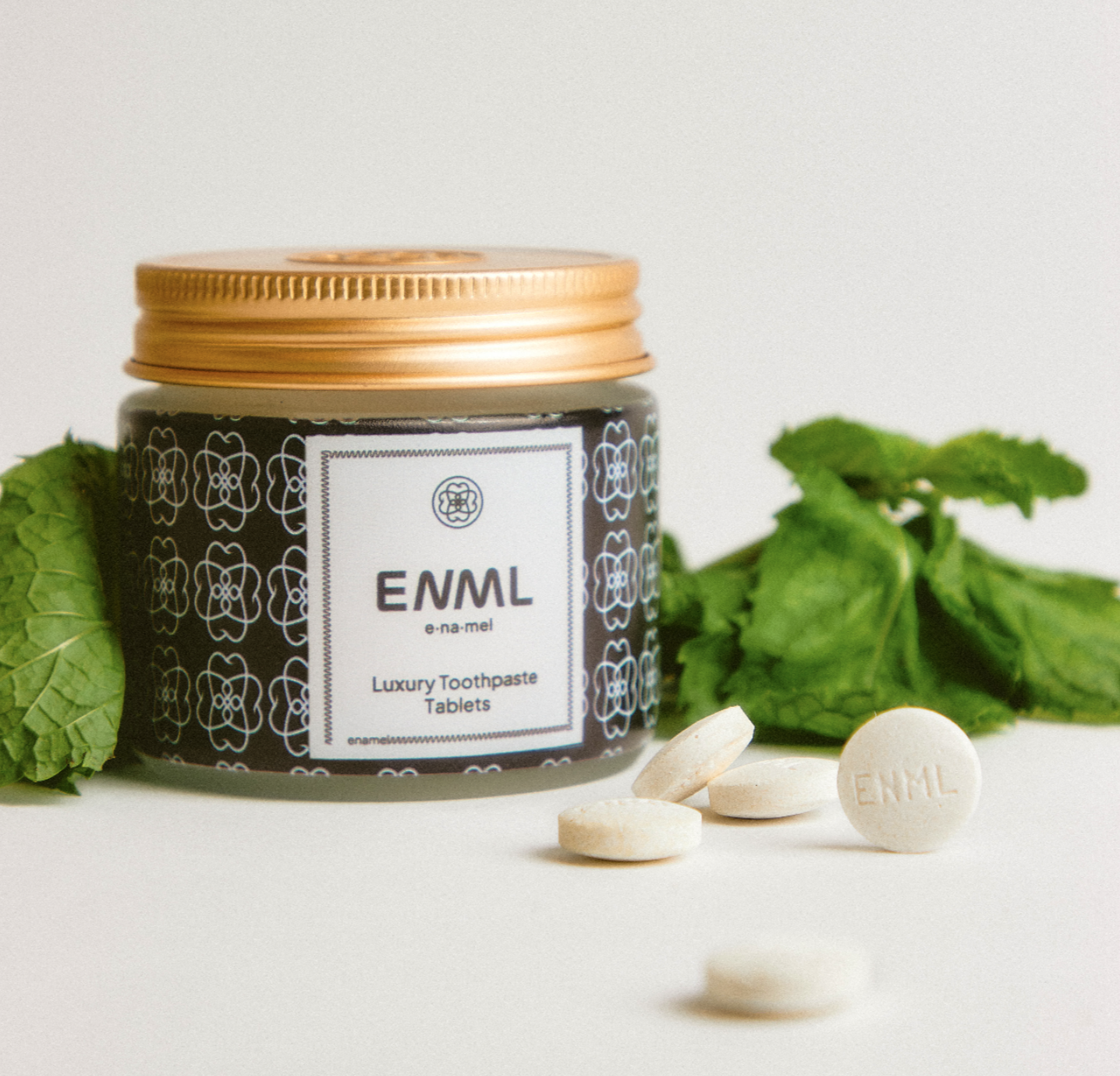Flossing is often championed as a critical part of oral hygiene, but is it truly necessary for everyone? Dr. Jordan Harper challenges misconceptions about flossing and explains why it’s beneficial for most people, while also acknowledging exceptions based on individual oral health circumstances.
Is flossing necessary for everyone, or can some people skip it?
Flossing is highly beneficial for the majority of people as it removes food particles and plaque between teeth, areas a toothbrush cannot reach. However, a small subset of patients with specific oral health profiles might not need to floss as rigorously.
💡Related Post: New Year, New Habits: What to Expect When You Start Flossing Again
Key Questions and Answers
-
Why is flossing important for most people?
Flossing removes debris and plaque from between teeth, reducing the risk of cavities, gum disease, and bad breath. -
Can some people get away without flossing?
A small subset of individuals with specific oral health factors, such as well-aligned teeth and low caries risk, may not need to floss as often. -
What happens if food is not removed from between the teeth?
If left unaddressed, food debris and plaque can lead to decay, gum inflammation, and eventually periodontitis. -
Why do some experts downplay the importance of flossing?
Opinions vary, but Dr. Harper stresses that removing debris from between teeth is critical for preventing decay and maintaining gum health. -
How can patients determine if they need to floss regularly?
Consult a dentist to assess your caries risk and oral health status. Personalized recommendations will help you optimize your oral care routine.
Conclusion
While some individuals might not need to floss daily due to unique oral health factors, the majority of people benefit significantly from flossing. Regular flossing is a simple yet effective way to prevent cavities and gum disease. For a personalized oral care routine, consult your dentist and consider products like ENML's Toothpaste Tablets to enhance your oral hygiene.
Transcript
I've attended a very, very, I won't mention names, but there's a very, very prominent periodontist. Yeah. Who starts out his lecture with like, flossing's a joke and flossing shimmy dime, and I, I sat there and listened to what he had to say, but like, to me, that's asinine, right? Yeah. Okay, so you're telling me removing food from between the teeth doesn't help.
Yeah. That's insanity. Right. And, and, and flossing helps. Is there a group of patients, thankfully I'm one of them because I'm not good about flossing, um, that the flossing doesn't benefit. Yeah. Right. But there's just so many other things you can't focus on. Well, I shouldn't floss because Dr. Holman, Dr.
Harper told me he doesn't floss. Right? Look, my life's completely different than yours. Everyone's got this unique individual subset of circumstances that apply to a curious risk assessment. So yes, flossing is very beneficial because the vast majority of the patient population are susceptible to those things.
Right. But there is a, there is a small subset of patients that could get by with not flossing.





